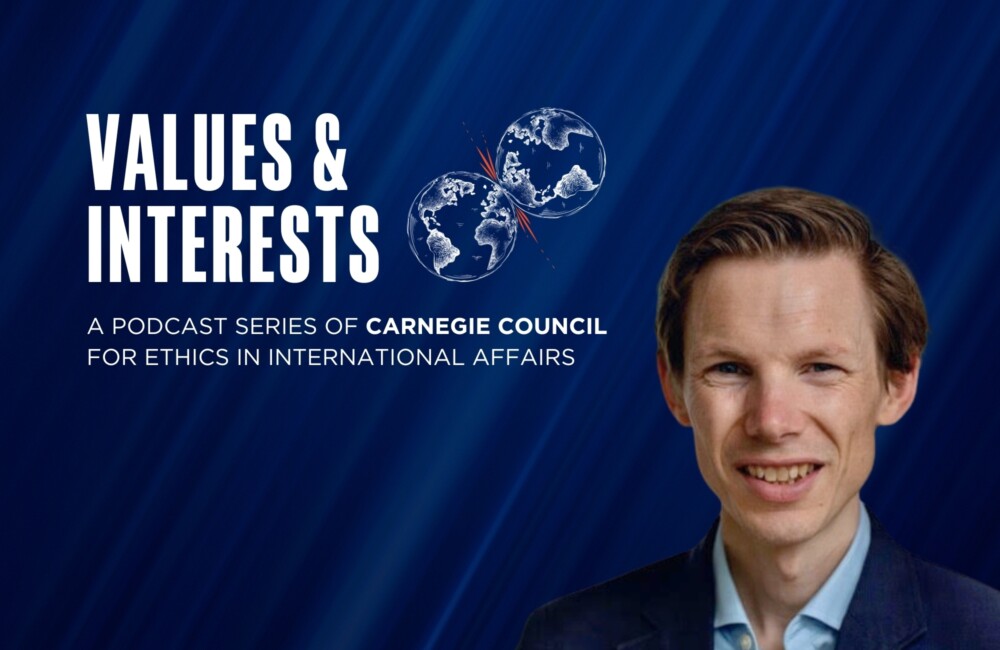
MAY 20, 2025 • Podcast
Character not Compliance, with Edward Brooks
Oxford's Dr. Edward Brooks joins "Values & Interests" to discuss how embracing ethics can unlock better thinking, relationships, and outcomes in our personal and professional lives.

MAY 13, 2025 • Video
Advancing Global Health in a Moment of Fracturing Partnerships
In this event from our Ethics Empowered: Leadership in Practice series, practitioners examined the impact of today's geopolitical environment on the future of public health.
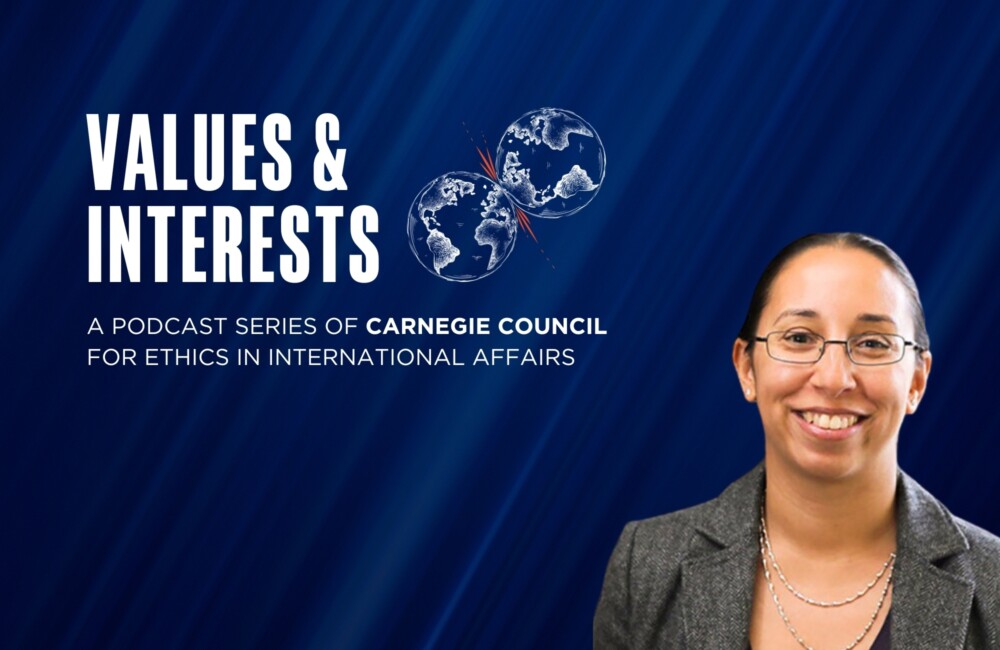
APR 29, 2025 • Podcast
Interrogating Our “Norms” with Professor Tanisha Fazal
University of Minnesota's Professor Tanisha Fazal joins the "Values & Interests" podcast to discuss shifting geopolitical norms in a moment of global transition.
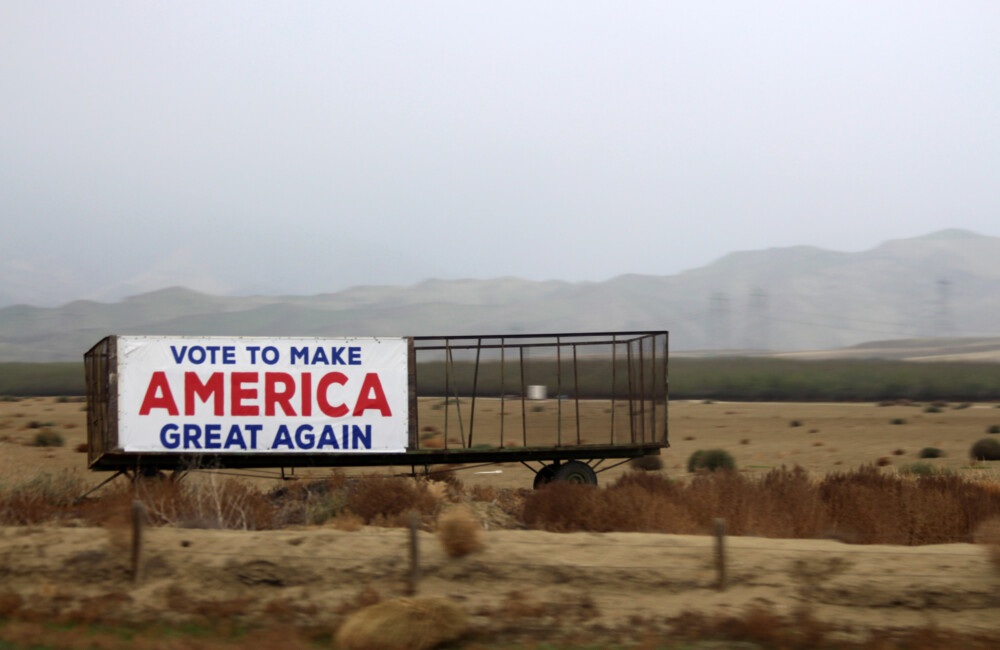
APR 23, 2025 • Article
Erase & Rewind: The Politics of Nostalgia & its Ethical Implications
Populist leaders like Trump and Putin frequently employ nostalgic rhetoric for political gain. Tinatin Japaridze analyzes the impact and ethical downsides of this strategy.
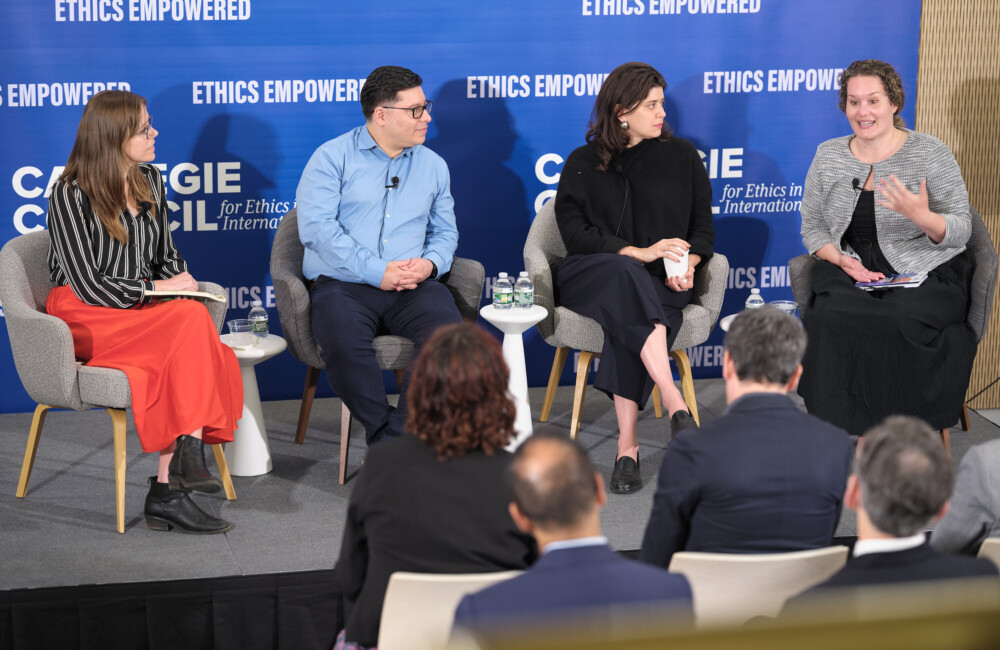
APR 23, 2025 • Video
The State of Migration in 2025: Balancing Values and Interests at the International and Local Levels
This event examined the state of migration in 2025 at the international & local levels, featuring discussions led by Senior Fellow Michael Doyle and journalist Molly O'Toole.
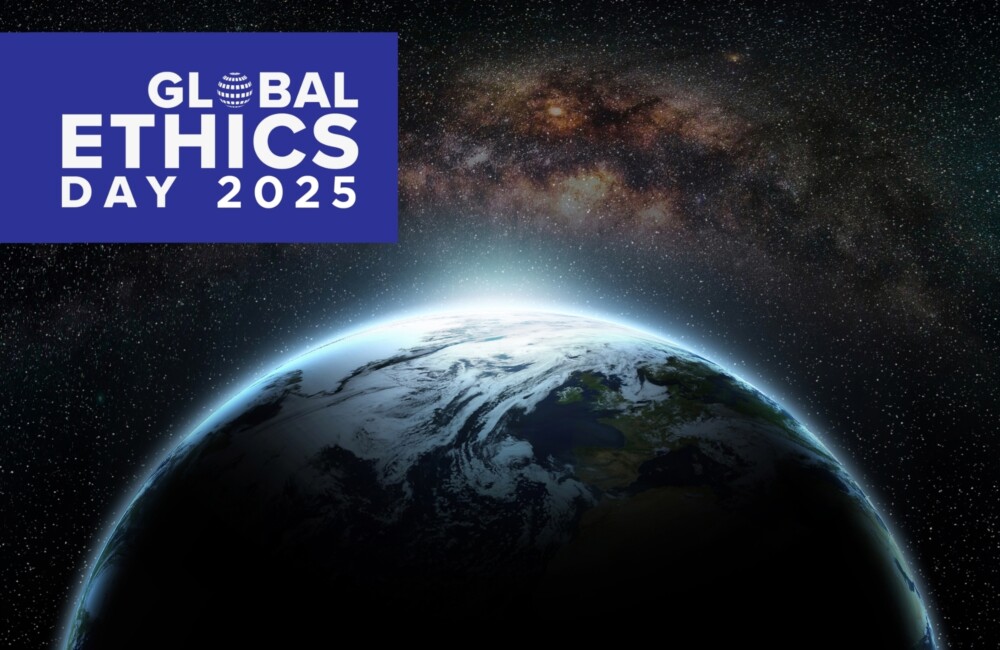
APR 10, 2025 • News
Global Ethics Day 2025 to Take Place on October 15 with the New Theme of “Ethics Re-envisioned"
Carnegie Council is pleased to announce “Ethics Re-envisioned" as the new theme for the 12th annual Global Ethics Day, which will take place on October 15, 2025.

APR 8, 2025 • Podcast
Doubling Down on Values in a Moment of Crisis, with Lt. Gen. Mark Hertling
Lt. Gen. (Ret.) Hertling discusses lessons in leadership, embracing your professional ethos, and the importance of staying true to your values in times of crisis.

APR 4, 2025 • Video
Unlocking Cooperation: Space Diplomacy
In this event, Northeastern University’s Ethics Institute partnered with Carnegie Council to host a convening on the future of international space governance, security, & sustainability.